| Learning Chinese characters is probably the most difficult part of learning Chinese. And while we believe that learning Chinese isn't as hard as people think, we agree that some Chinese characters can be tricky. Some of them look almost exactly the same as others, which is why these Chinese characters can be easily confused. We've compiled a short list of some of the most visually similar Chinese characters.  己 (JǏ), 已 (YǏ) and 巳 (SÌ) These three are some of the hardest characters to tell apart, especially in handwritten Chinese orChinese calligraphy. The difference between the three lies in the line on the left side. Fortunately, the character "巳" is pretty much obsolete. Used only in ancient writings (and very occasionally in telling military time,) it is rarely used in modern Chinese. Phrases with 己 (JǏ): "自己 (jǐ)" = "self." Phrases with 已 (YǏ): “已经 (yǐ jīng) = "already." “已有 (yǐ yǒu) = "already have." "已知 (yǐ zhī) = "known." 土 (TǓ) and 士 (SHÌ): These are two very similar characters with one key difference in their anatomy. 土's first line is short, and the second line is long. 士‘s first line is long, and the second line is short. Both of these characters are fairly common in modern Chinese, and they mean very different things! Phrases with 土 (TǓ): ”土“ means "dirt" or "soil." "土地 (tǔ dì)" = "soil, earth." "尘土 (chén tǔ) = "dust." Phrases with 士 (SHÌ): "士" means "scholar" or "warrior" and appears in many official titles. "女士 (nǚ shì)" = "Ms., lady." As in, "ladies and gentlemen." "硕士" (shuò shì) = "Master's degree." "护士" (hù shì) = "Nurse." 未 (WÈI) and 末 (MÒ) Similar to 土 and 士, the one difference between these characters is the second line. 未's first line is short, and the second line is long. 末‘s first line is long, and the second line is short. Even though the meanings of 未 and 末 are different, they can be used in similar situations (such as time-related phrases) which can make them a little confusing. Phrases with 未 (WÈI): ”未“ means "not yet" or "haven't." "未来 (wèi lái)" = "future." "未知 (wèi zhī)" = "unknown." The opposite of "已知 (yǐ zhī.)" Phrases with 末 (MÒ): "末" means "end." It appears very frequently in time-related words and phrases. "周末 (zhōu mò)" = "weekend." "末期 (mò qí)" = "last stage" or "final phase." 哀 (ĀI), 衰 (SHUĀI) and 衷 (ZHŌNG) All three of these Chinese characters have to do with emotion, so people often confuse them with one another. The key between these three characters is to look at the line in the center. 哀 has no line crossing the middle. 衰 has a horizontal line crossing the middle. 衷 has a vertical line crossing the middle. Just remember: "衷 (zhōng)" has a mini "中 (zhōng)" in the middle. Phrases with 哀 (ĀI): ”哀“ means "sorrow" or "grief." "悲哀 (bēi āi)" = "sorrow" or "mournful." Phrases with 衰 (SHUĀI): "衰" means "decline" or "feeble." "衰弱 (shuāi ruò)" = "weak." Phrases with 衷 (ZHŌNG): "衷" means "inner feelings." "衷心 (zhōng xīn) = "Heartfelt" or "sincere." # Our teachers # More than 10 years teaching experience Master Degree Certificate for teaching chinese as a foreign language 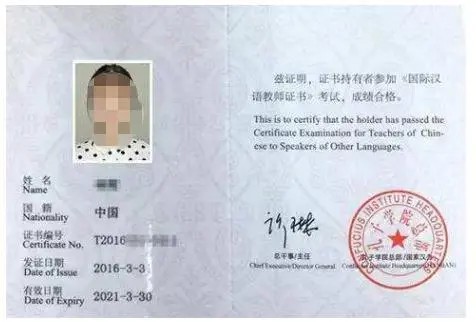 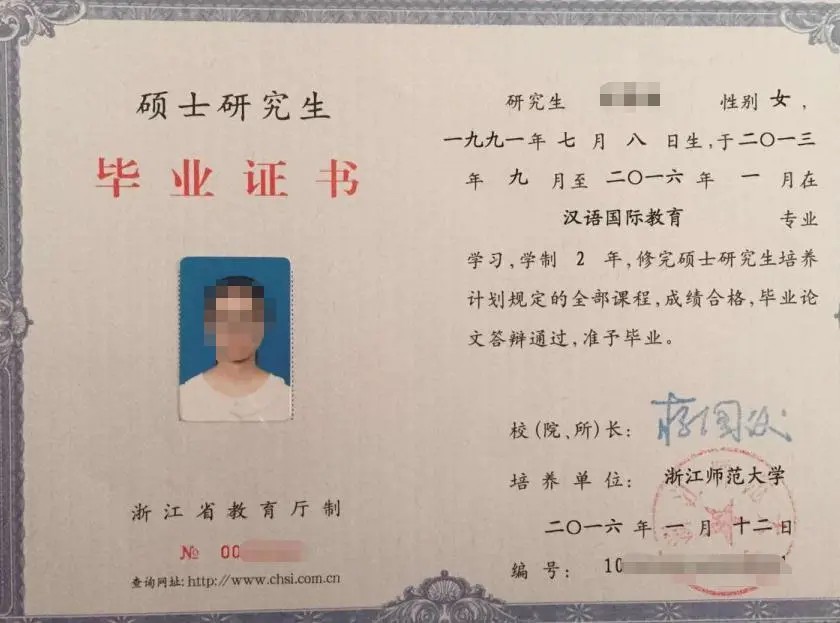 # About us # Founded in 2007 Chinese test and training center 200+ Chinese teachers 5000+ students 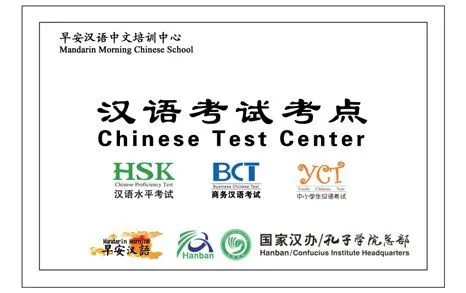 # Contact us# Name:fiona Phone number:021-52287809,13918358891 E-mail:info@mandarinmorning.com www.mandarinmorning.com If you are interested to join Mandarin Morning school or want more details about our services, scan the following QR code. ☟ 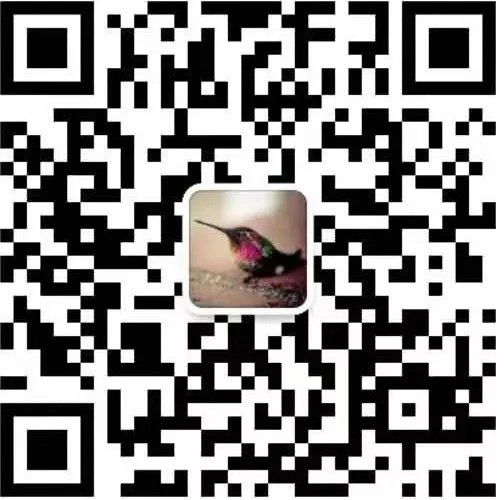 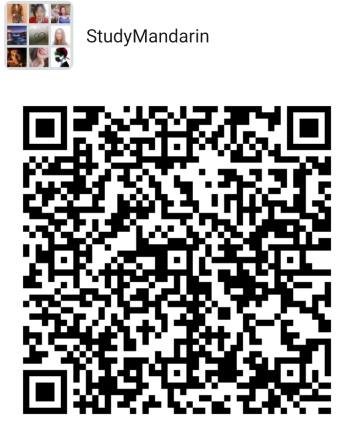 Mandarin Morning Chinese test center attached to Confucius institute headquarters Authorized Test Center and Training Center for International Chinese Language Teacher Certificater 10 years+ ,200 teachers ,more 10000 students,200+companies  |